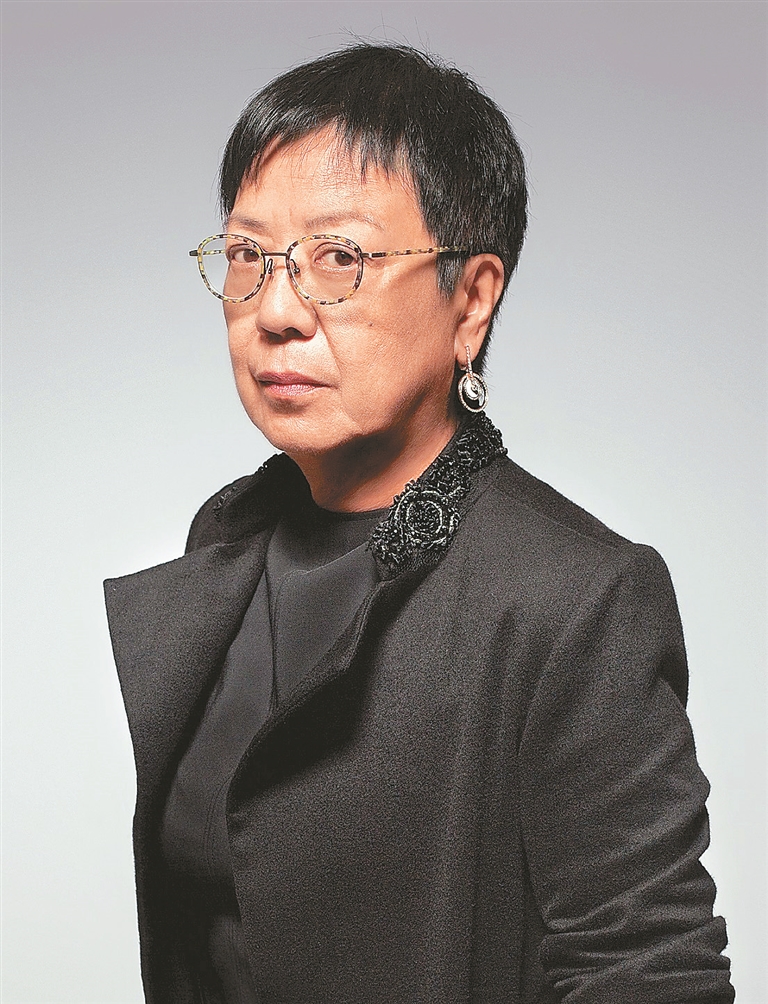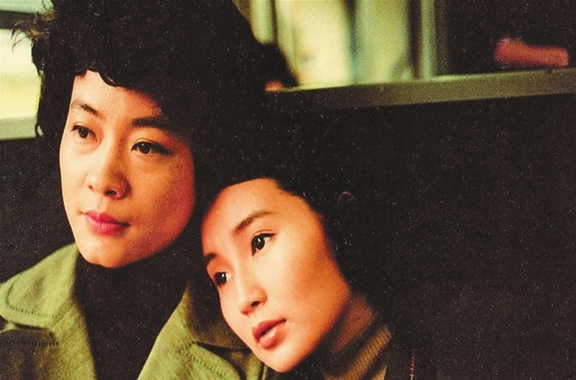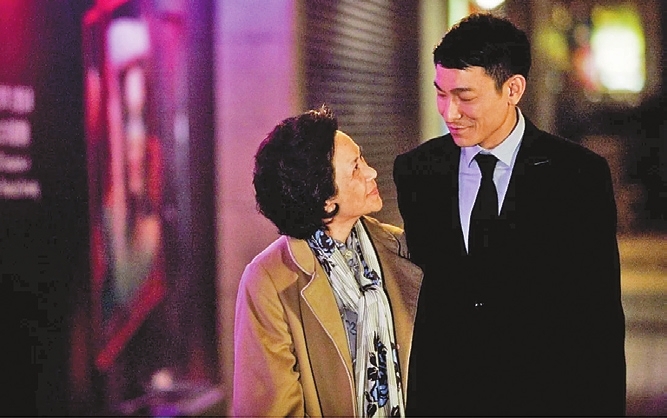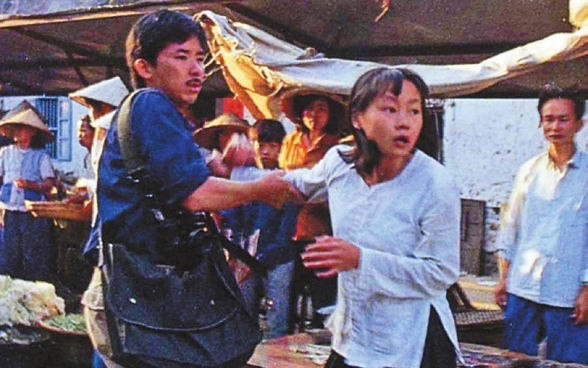



INTERNATIONALLY acclaimed Hong Kong film director Ann Hui will be awarded the Golden Lion Lifetime Achievement Award at the upcoming 77th Venice Film Festival in September, making her the first-ever female director to receive this honor. She will receive the award alongside Tilda Swinton who is also receiving the award. The news was unveiled a week before the release of the full lineup for the festival, which will include Hui’s new film “Love After Love,” starring Eddie Peng and Ma Sichun, in the Out of Competition section. The Venice Film Festival is one of the first major international film festivals to return in a physical offline form in the wake of the COVID-19 pandemic. Hui was born in Liaoning Province in northeastern China and moved to Hong Kong at the age of 5. After studying at the University of Hong Kong and the London Film School, she went on to become a celebrated film director. Hui is a two-time Hong Kong Film Festival “grand slam” winner, with her 1995 film “Summer Show” (《女人四十》) and 2012 film “A Simple Life” (《桃姐》) both scooping the awards for best picture, best director, best screenplay, best actor and best actress. In 2007, she was invited to become a member of the exclusive Academy of Motion Picture Arts and Sciences (AMPAS). Now, at 73, she has made 26 films, two documentaries and a number of shorts. Over the course of her directorial career that has spanned four decades, Hui has become renowned for films that highlight ordinary people’s stories and profound social issues through a diversity of genres. In particular, women have been a recurring focus in her productions. Picking just 10 films from Hui’s consistently excellent oeuvre is an unenviable task. However South China Morning Post editors have put forth their best efforts to choose 10 of their favorites, ranked in order of greatness, to get anyone started on her filmography. 10. Song of the Exile (1990) 《客途秋恨》 Hui may be one of Hong Kong’s best-known filmmakers but she’s also renowned for keeping an exceptionally low profile. For movie fans dying to know more about her background, this touching drama charting a daughter’s (Maggie Cheung Man-yuk) soul-searching effort to come to terms with her mother’s Japanese identity may be the closest thing to an autobiography they will find. 9. The Postmodern Life of My Aunt (2007) 《姨妈的后现代生活》 Hui isn’t one of those filmmakers who gravitates towards women’s stories — but whenever she does tell such a story, the result is often remarkably affecting. In this colorful tragicomedy based on a popular novel, the director turns loose a gullible Siqin Gaowa among a frenzy of swindlers in Shanghai. Chow Yun-fat delivers a hilarious performance as a shameless tease. 8. The Secret (1979)《疯劫》 As one of the representative figures of the Hong Kong New Wave film movement in the late 1970s and early ’80s, Hui’s debut feature fully embraced the experimental spirit of her compatriots. Inspired by a real-life double murder and set in the gritty surroundings of Hong Kong Island’s Western District, this narratively adventurous film is a slow-burning mystery thriller that builds up to a nightmarish finish. 7. The Golden Era (2014) 《黄金时代》 This is potentially difficult viewing for an uninitiated audience, but those willing to indulge Hui’s intellectual inquiry will find “The Golden Age” a masterful film. Hui’s sumptuous biopic of Chinese writer Xiao Hong is an esoteric production made resonant by a thoroughly charismatic turn by Tang Wei, who brings great poignancy to her portrayal of Xiao’s tragic life. 6. The Spooky Bunch (1980) 《撞到正》 Hui’s long-standing interest in traditional Chinese culture has seen her occasionally venture into horror movie territory. But don’t expect just another genre exercise. This captivating early film evokes a litany of superstitions and supernatural forces and pits a Cantonese opera troupe on Cheung Chau, an island in Hong Kong, against vengeful ghosts from a wartime tragedy. 5. Our Time Will Come (2017) 《明月几时有》 Espionage thrillers don’t come with more humanistic values than this fact-based production by Hui, who revisits Japanese-occupied Hong Kong during the Second World War to pay tribute to a group of unsung local heroes. With an all-star cast, this wonderful directing effort also highlights the great discrepancy between the fatal reality of war and the characters’ ordinary way of life. 4. Summer Snow (1995) 《女人四十》 Family love trumps all in this gently humorous meditation on the many ironies of life. In one of his last leading roles, the late Roy Chiao brings a masterful touch of humor to his part as a former lieutenant succumbing to Alzheimer’s. It is Josephine Siao Fong-fong who runs away with our hearts, however, as a middle-aged housewife struggling to keep everything together. 3. Ordinary Heroes (1999) 《千言万语》 Hui has never been hesitant to tackle social and political issues when she sees fit, and this intricately woven homage to various social activists in the 1980s Hong Kong is almost one-of-a-kind, both in its ambition and substance, in the city’s film history. The ensemble cast, including Anthony Wong Chau-sang and Rachel Lee Lai-chun, is uniformly excellent. 2. A Simple Life (2011) 《桃姐》 This domestic drama, based on real life, paints a deeply poignant portrait of a middle-aged bachelor (Andy Lau Tak-wah) and his ageing servant (Deanie Ip Tak-han, who won the festival’s best actress award). 1. Boat People (1982) 《投奔怒海》 Hui’s bleak and powerful drama — brazenly set in a Vietnam that was home to many forced labor camps, and vivid in its depiction of the plight of Vietnamese refugees — long ago cemented its status as one of Hong Kong cinema’s most iconic films. (SD-Agencies) | 
